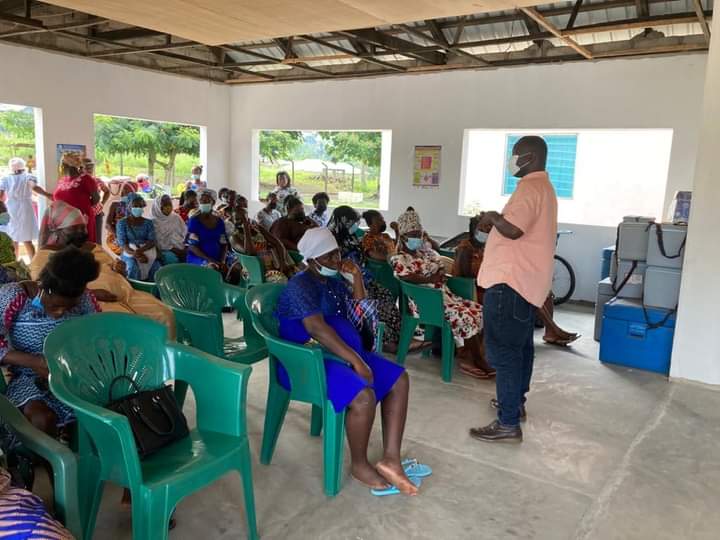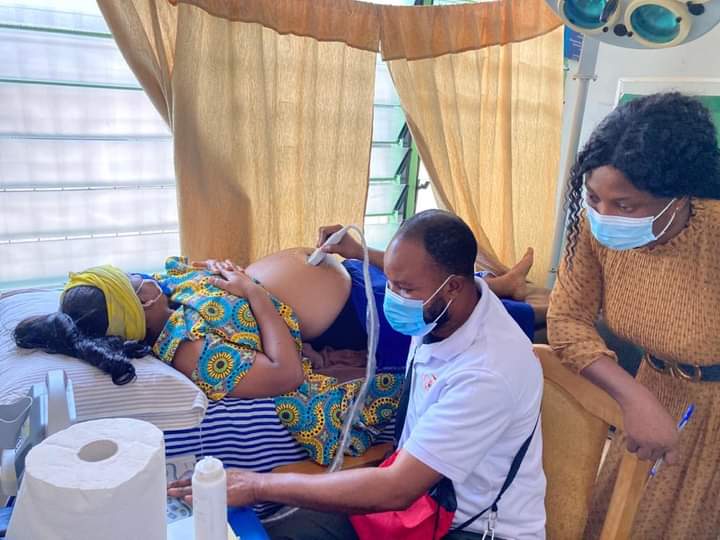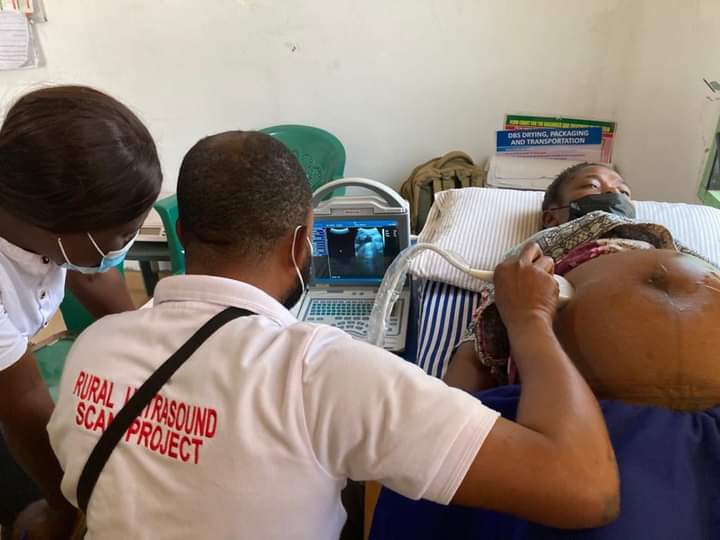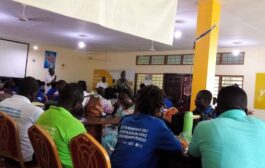A free ultrasound scan service organized by Divine Mother and Child Foundation (DMAC), a Koforidua based NGO, for pregnant women in Adeiso in Upper West Akyem District in the Eastern region has saved a pregnant woman unknowingly walking around with missed miscarriage also known as missed abortion.
The woman who was among dozens of pregnant women who thronged the venue to access the ultrasound scan services was identified to be carrying a dead fetus during the scan.
She was immediately referred to a hospital for management of the life-threatening condition.
The Executive Director of DMAC Foundation Edmund Atweri Duodu said
“This pregnant woman came and after the scan, we identified a missed abortion.
The disappointment, fear, and anxiety on the faces of this woman out of space.

This is the second time of her second pregnancy she is losing the baby. Her worry is what to tell the husband and so we had to counsel her and from information received, the husband joined her later in the evening to visit the midwife who also counseled him.
She was then referred to the hospital for evacuation of the fetus”.
He added “Our intervention saved her because she was not aware her fetus (baby) died. She could have bled or had infections but we were there early to prevent that. We ensure pregnant women have access to free scans and reduce the burden of traveling long distances for ultrasound scans, especially for rural pregnant women. This is one of the few success stories of our free ultrasound scan project for pregnant women”
A missed abortion is a miscarriage in which the fetus did not form or has died, but the placenta and embryonic tissues are still in the uterus. It is known more commonly as a missed miscarriage.
This condition is also sometimes called a silent miscarriage.
About 10 percent of known pregnancies result in miscarriage, and 80 percent of miscarriages happen in the first trimester.

Ultrasound scan is very important in maternal healthcare as it provides diagnostic information about a developing baby, including confirming the pregnancy and gestational age; checking for multiple pregnancies, congenital anomalies, and/or problems with the placenta; monitoring fetal position, fetal growth, and the level of amniotic fluid.
However, many health facilities in rural parts of Ghana do not have these important medical equipment hence pregnant women had to trek and travel on motorbikes to the district capitals for this important service.
Due to the stress and cost involved in this pursuit, many pregnant refuse to undergo the ultrasound scan and as a result, truncates their antenatal care fear of being rebuked for not being able to produce results of the ultrasound scan to the midwife who referred them.
Source: Mybrytfmonline.com/Obed Ansah



















































